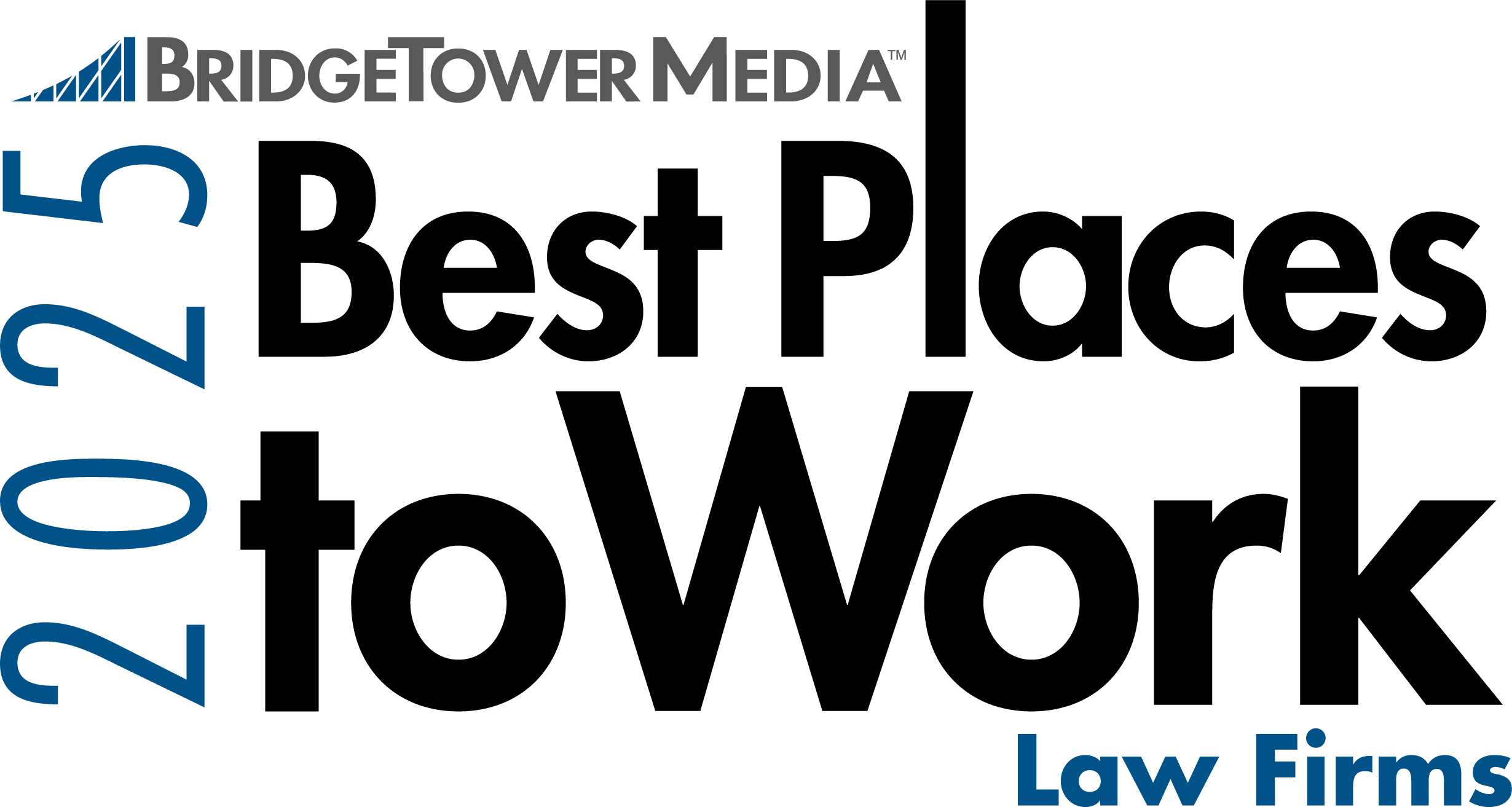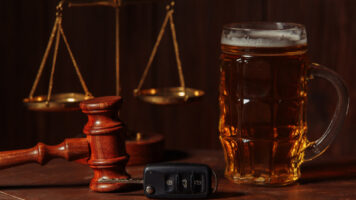What is premises liability law, and how can it affect you and your need for financial compensation after an accident?
Property owners must keep their property safe for others. They may violate premises liability law when they do not do this.
Premises liability laws impose complex duties on a property owner’s duty and grant a victim many rights in an accident. As a result, always work with a trusted and experienced premises liability attorney if you suffered an injury on someone else’s residential or commercial property.
A premises liability attorney can help you understand the law, your right to compensation, and the necessary legal steps to achieve the best outcome possible in your case. Consider the following information to help you get started, but know that hiring an experienced attorney is the best way to navigate this process.
Premises Liability Law and Accidents
A person lawfully entering another property should expect to remain safe on the premises. However, many property-related accidents and injuries can occur. A slip and fall is one of the most common types of premises liability forms. Still, there are many other scenarios in which property hazards might lead to accidents and injuries.
Some incidents that might lead to a premises liability injury case include:
- Slip and falls
- Falls down stairs or from heights
- Collapsing balconies or porches
- Getting hit by unsecured falling objects
- Dog bites and attacks
- Elevator or escalator accidents
- Playground accidents
- Swimming pool accidents
- Hotel and resort accidents
- Sporting arena accidents
- Assault or other harmful crimes due to inadequate security
A visitor or customer might suffer an injury when a business or owner does not properly maintain their property or address hazards. The negligent business or property owner should pay any medical bills, lost time at work, and other costs of the injuries. The victim, however, must prove liability for their injuries.
Who Is Responsible When a Premises Accident Occurs?
Many cases of premises liability law injuries occur on commercial properties, including grocery stores or other retail establishments. You may hold multiple parties liable for a person’s losses if that occurs.
For example:
- The business owner
- The owner of a leased property
- Third-party maintenance crews
Even if a store employee was negligent, the business itself can be vicariously liable for the employee’s conduct or failure. Proving which party bears liability can require a complex legal analysis of the facts and premises liability laws.
In residential situations, the property owner may bear liability for the losses, but so can a renter on that property.
You must establish liability for your losses to know how to seek the compensation you deserve. Your premises liability attorney can handle this assessment for you.
How Does Premises Liability Law Apply?
To prove that premises liability law applies to your accident, you must establish:
- The property owner owed a duty of care. This usually means you had a lawful presence as a customer or invited guest on the premises.
- In some way, the property owner breached the duty of care by failing to keep the premises safe or warn of defects.
- That breach of duty directly caused harm to you.
- You suffered damages from your injuries, for which you need compensation.
Proving a duty of care and breach is the most challenging part of a premises liability claim. This involves proving your lawful status as a visitor to the property, which might be one of the following.
You were an invitee
Invitees are those people the property owner invites or welcomes onto their property for some type of business purpose. The most common example is a retailer or restaurant who welcomes and encourages a person to visit their property to make a purchase or enjoy a meal.
Under the law, the property owner does have a duty of care to invitees. That means the person entering the property will make a reasonable assumption that the owner took steps to alleviate or educate about any dangers or risks.
This is the highest standard of duty of care under premises liability law. Because invitees are on the premises to benefit the owner or business, such as by making purchases, they deserve to expect safe conditions. An owner must inspect for hazards and promptly fix them or sufficiently warn customers to use caution.
You were a licensee
Licensee refers to those welcomed to the property by the property owner for some type of social reason and not a business transaction. An example is inviting your friend to your home for a meal or the next-door neighbor’s child coming for a play date.
If you are visiting someone else’s home and suffer injuries due to a hazard, they (through their insurance company) should be responsible. If you suffer harm in a common area of a condo or apartment complex, the owner of the building or HOA might be liable if they failed to address hazards.
Regarding licensees, the landowner has a duty of care to make the property safe from dangers of which they are aware. In this situation, the property owner must make the property safe for visitors, and if they know of a problem that can pose a risk, they need to alert the visitors. The law requires the individual owner to protect the licensee from danger.
However, in this case, the property owner does not have a duty to constantly search for possible dangers. They do not have to inspect and ensure their property is entirely risk-free. More so, if they have concerns about any risk to the property, they simply must warn the property visitor. In that case, a general warning will avoid liability.
If you were a licensee when your accident happened, your attorney can determine whether the property owner breached their duty to you.
You were a trespasser
Trespassers are present without permission from the property owner or anyone else who can provide such permission to enter the property. These people trespass whether the property owner knows about their presence or not.
This situation is a bit more complicated under premises liability law. In many cases, a property owner does not have any duty of care to someone trespassing on their property. If a trespasser suffers injuries, they generally have no right to seek compensation, though there are exceptions.
One of the most common exceptions to the trespasser rule relates to children. Under most state laws, a property owner has a higher duty of care to any child trespassers.
For example, if a pool is on the property, the owner is responsible for warning and taking steps to prevent injury to children in the pool. Precautions include having a barrier around the pool that makes the pool inaccessible to kids who might have wandered onto the premises.
Such a duty falls under the attractive nuisance component of the law.
In this situation, the child’s family can hold the property owner liable for the incident if:
- The owner knew or should have some reasonable expectation of knowing that children may trespass onto their property.
- The dangerous artificial condition (the pool, for example) presents a risk of serious injury or death to a child.
- The child was young and did not realize the attractive nuisance posed a danger.
- The use of the condition was slight compared to the risk to the children in the area.
- The owner did not take reasonable care to reduce the condition or otherwise protect children from the dangers it presents.
If your young child suffered injuries while trespassing on someone else’s property, never assume you do not have a case. Instead, allow an attorney to evaluate whether you might have an attractive nuisance claim regarding your child.
Intentional harm
Premises liability law also creates an exception regarding trespassers when a property owner engages in intentional harm. Under the law, a property owner cannot create a situation that will purposely hurt a trespasser. The property owner cannot take action to harm a possible trespasser by intentional, willful, or wanton acts.
On the other hand, in many states, the law also protects property owners who fear for their safety. In states with castle doctrine laws, there are times when an owner can lawfully use justifiable force to remove or repel the person from the property. However, a property owner cannot simply hurt others whenever they want. They must defend against liability by showing they had adequate and imminent fear to justify their harmful actions.
Constant trespassing
A third situation in which the property owner may owe a level of duty of care occurs when the property owner knows or should have known that trespassers regularly intrude on their property.
If the property owner knows that people trespass often and knows there is some danger on the property, the owner has a duty to exercise reasonable care to protect the trespasser from injury.
The property owner must provide reasonable care in conducting active inspections of the property and maintain the land in that area to minimize the risk of injury. For example, if many of the kids in the neighborhood use a pathway through a wooded area, their families can hold the property owner responsible for injuries that occur from a foreseeable risk or hazard on that path.
Your attorney can advise whether any of these exceptions apply to your situation.
What Steps Do You Need to Take to Obtain Compensation for Your Losses?
If you believe someone else caused your losses under premises liability law, never wait to work closely with a local attorney who can help you navigate this somewhat complicated area of the law. Premises liability attorneys can help you in several ways.
Determine if you have a potential case
One of the first things an attorney can do for you is better understand the issue you are facing. If you suffered an injury on someone else’s property, you will need to prove that a duty of care existed and, as such, that you deserve compensation for those losses. Your attorney can help to determine if you can prove someone else liable for your injuries.
Determine your losses
Your personal injury attorney will determine which financial losses you can recover from a property owner. Typically, this may include economic and non-economic losses, such as medical bills, pain and suffering, and lost income due to missed time at work.
Identify responsibility
Also important is examining which parties are responsible for your losses. This is not always straightforward. The party that was directly negligent might not be individually liable, as a business might have vicarious liability for its actions while on the job. Multiple parties may have contributed to your accident and injuries and should share liability.
What legal strategies can you take?
Your attorney decides what legal strategies will obtain compensation for your losses. This may include filing a property insurance claim with the owner’s insurance company or going to court to pursue a lawsuit. From there, gathering evidence to support further your negligence claim on the property owner’s behalf will be necessary.
Working with a Premises Liability Attorney Minimizes Your Risk

Daniel J Grimm, Premises Liability Lawyer in Cape Girardeau
Working with a premises liability law attorney is one of the most important steps you can take to protect your right to compensation in a premises liability case. Every situation differs, but your attorney will review your circumstances and guide and support you in recovering financially for your losses.
You can start learning your legal options by contacting a local personal injury attorney for a free consultation. This may open the door to the compensation you need to cover your losses and move forward after an injury.



